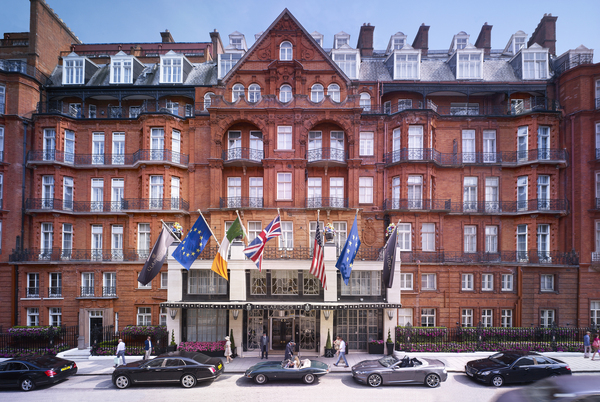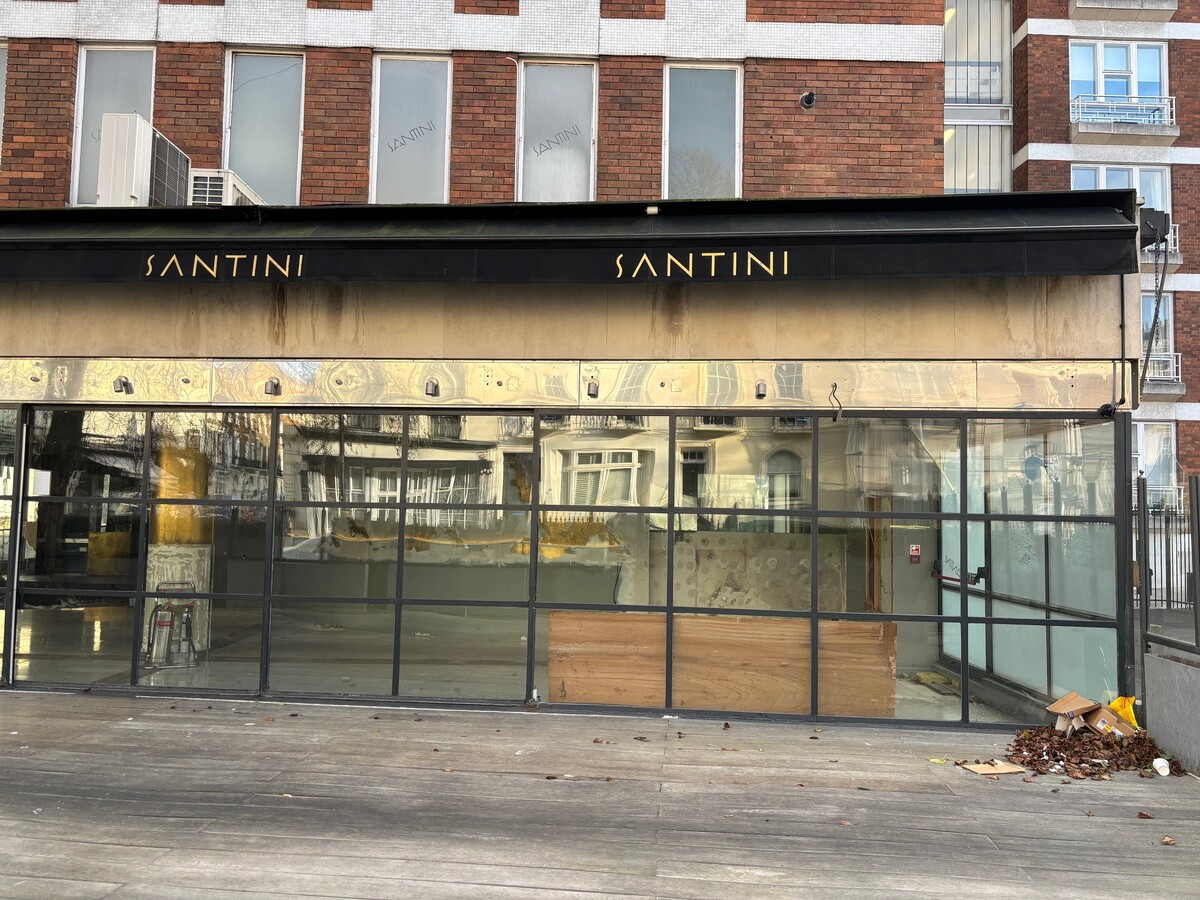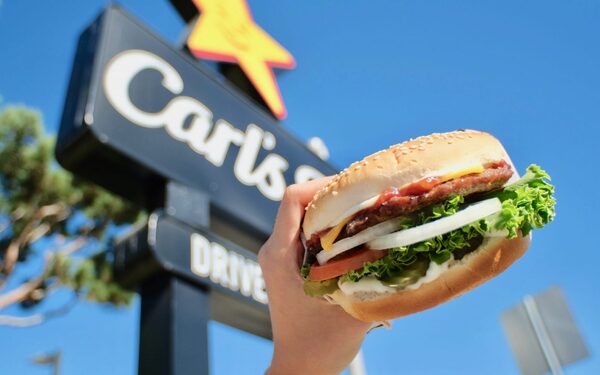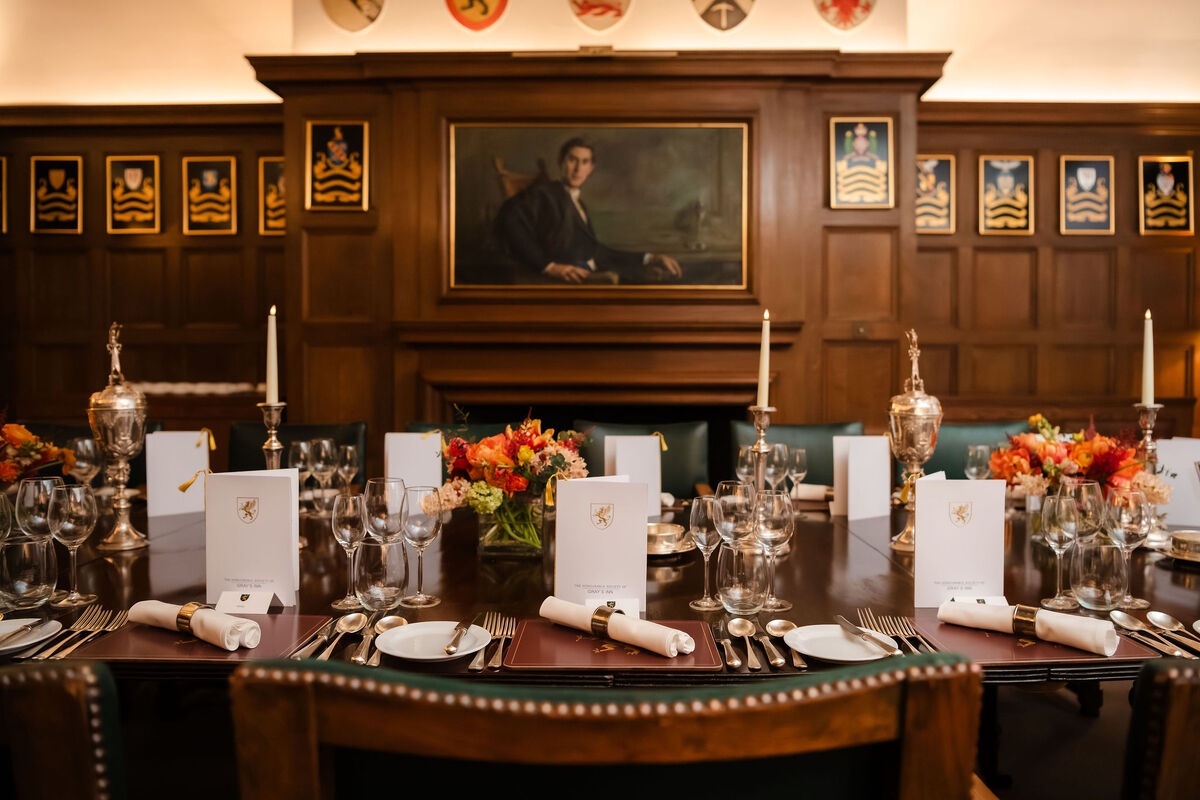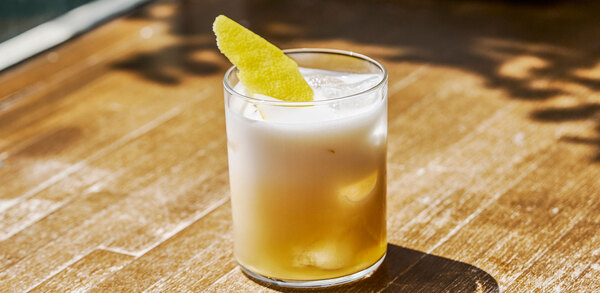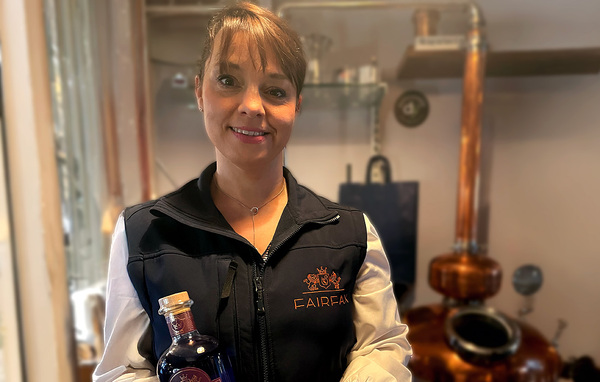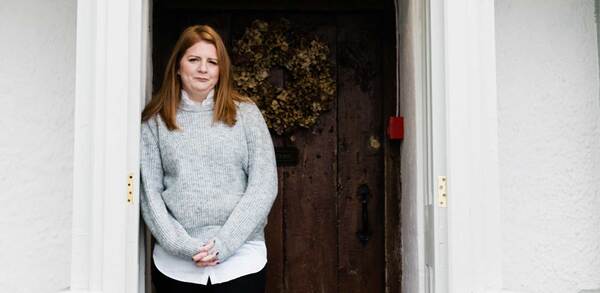Drinks doctor: What is the value of vintage Champagne?
Discover the differences between vintage and non-vintage, says Martin Dibben, head of Champagne at Searcys
When chatting to guests about Champagne, I find most know about the non-vintage bottles of a Champagne house and may well have heard about some of special cuvées, but when it comes to vintage Champagne, there tends not to be the same awareness, especially of the great vintage years.
Firstly, it is worth considering what we class as vintage wine. As defined by the Comité Champagne, custodian of the Champagne Appellation d’Origine Contrôlée, “a vintage Champagne is made solely from wines harvested that same year and does not therefore contain any reserve wines. Vintage wines must be aged in a cellar for at least three years from the date on which they are bottled”.
The bread and butter for most houses will be non-vintage Champagnes, which represent roughly 85%-95% of what is produced each year. The non-vintage cuvée is created from a blend of wines from different years. For this, the cellar master of each Champagne house will be looking to produce a consistent wine with a recognisable character, known as the house style. This is achieved by blending a young wine with previous vintages that have been kept in the cellars before the second fermentation in the bottle. The amount of reserve wine is often a good indicator of a Champagne’s quality and may contain as many as 20 different years in the blend. For example, when you look at the blend of the Veuve Clicquot Yellow Label non-vintage, 30%-45% of this is created from reserve wines from as many as 50 to 60 different crus.
In vintage Champagne, you will be getting a cuvée that is expressive of a certain year. Although they must be aged for a minimum of three years, most producers will lay them down for a greater period and only use the very best grapes. A vintage will only be made in the years of outstanding quality and the decision sits with the cellar master of each house. Some houses, like Dom Pérignon, only make vintage Champagne, but it’s more common for producers to create both styles.
So why should you be drinking vintage Champagne? Since 1810, when Widow Clicquot made the first vintage, winemakers will make a vintage when the harvest and mother nature decrees there is a year of outstanding quality. This ultimate wine is made using the best quality grapes from the top crus and leaving the wine on the lees (the leftover bits from secondary fermentation) for a much longer period of time. Some houses create a vintage that reflects the nature of the year, while others create a vintage that is house-specific. Our friends at Taittinger will always make their assemblage 50/50 Chardonnay and Pinot Noir, no matter what, so the style is always “Taittinger”.
Perrier-Jouët, when creating the Belle Epoque Vintage, will only produce a vintage in years of near-perfect conditions. Laurent-Perrier, however, are convinced that “only the art of assemblage can offer what nature can never provide: the perfect year” and so in its Special Cuvée, the Grand Siècle, they combine the vintages from three years.
These small volumes of unique vintage wines should be seen as the jewels in a Champagne house’s crown, and I encourage people to choose a familiar Champagne house, try the next bottle up in their range and taste it side by side with the non-vintage to see the differences.
Seasonal food and drink pairing: Vinho Verde and whitebait
Quinta da Lixa’s Vinho Verde is bursting with fresh citrus flavours, summer flowers and delicate orchard fruits. Lower in alcohol, this bright and zesty wine has a wonderful saline finish and a delightful subtle pétillance, it’s an ideal match for whitebait, alternatively, pair with a range of light seasonal salads.
Do you have a question for one of the Drinks Doctors? Send your query to drinks@thecaterer.com
Sponsored by





